Transphobic Humour Kills - Quit Now
Transphobia (a negative attitude, feeling or action towards transgender people or transness in general)
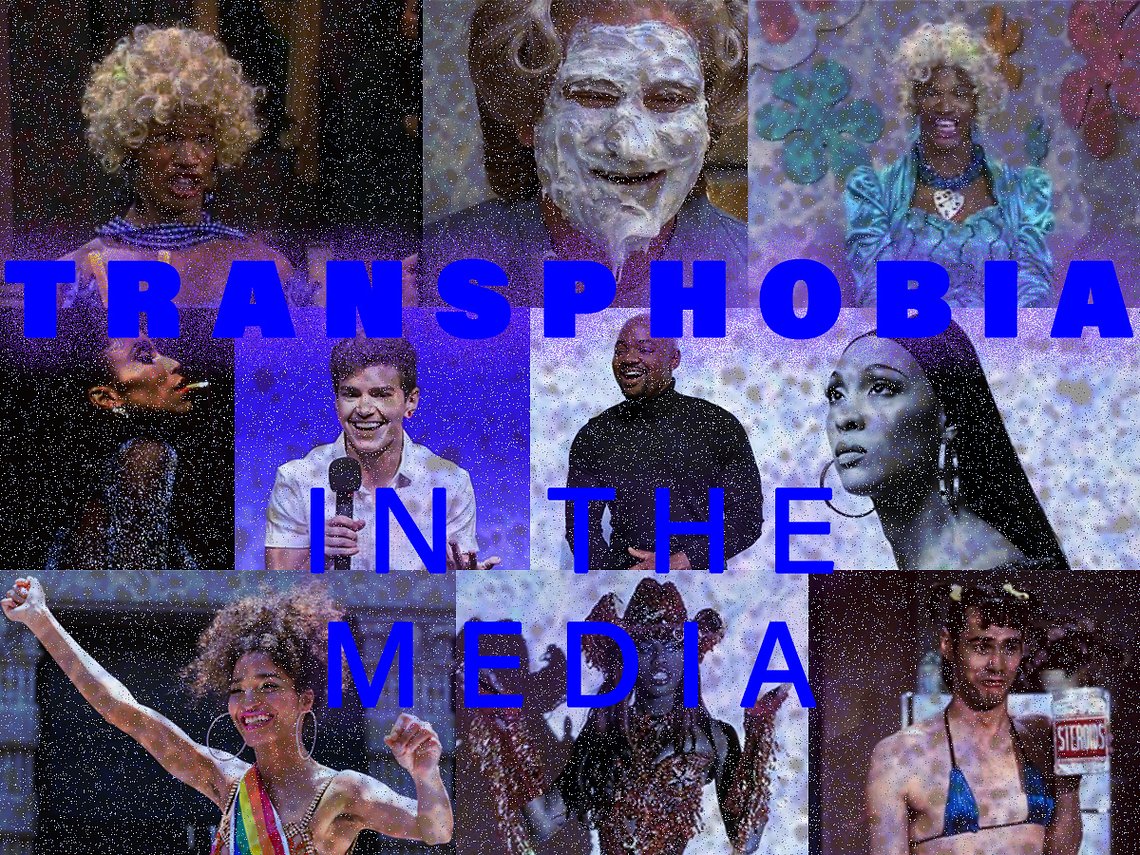
Posted on Thu 18 Mar 2021 · by Paal Sidhu
Transphobia (a negative attitude, feeling or action towards transgender people or transness in general) has existed since the beginning of media production. Whether it’s transgender people portrayed as wild killers or ‘sleazy’ sex workers, the representation of transgender people in media exploits and threatens the real lives of transgender individuals across the world.
Hollywood and television have always created degrading roles for transgender people; labelling trans individuals as ‘mentally ill’ while often making them the butt of the joke. GLAAD’s 2002 report shows 54% of televised transgender characters were based around negative stereotypes, with a further 35% ranging from ‘problematic’ to ‘good’. Now, society has definitely become more accepting since 2002, and with shows like Pose (a must-watch for anyone in the queer community and its allies), Tales of the City and Transparent, the proportion of positive transgender representations in media is likely to be much higher. The problem is that these transphobic tropes once dominating media have already done their damage to society. We as a society are still in the process of deconstructing the toxic environment created by transphobia in media and reconstructing spaces where the lives of transgender people are celebrated and protected.
Transphobia in Comedy
In comedy, narratives are often played out where a closeted transgender person is ‘outed’ - followed by absolute hysteria, disbelief, anger and even nausea from other characters in the scene. A lot of us like(d) Friends, right? A second watch at an older age uncovered multiple transphobic jokes - a lot centred around the misgendering of Chandler’s biological father. Her identity in later seasons as a proud transgender woman becomes the punchline of dumb Chandler jokes (you know what I mean) and she is repeatedly referred to as a drag queen despite presenting as a woman in her everyday life. This is just the beginning of how the identity of transgender characters can be degraded for ‘cheap comedy’. The idea of a ‘man in a dress’ has been used to invalidate the real identities of transgender women, discarding their gender identity in an attempt to create humour. These tropes can be seen in many TV shows and films: In Living Colour (1990), Married with Children (1994), Big Momma’s House (2000), Mrs Doubtfire (1993) just to name a few.
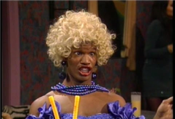
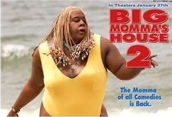
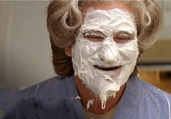
While many would brush this off as ‘humour’ (I use that word very loosely), these representations become the primary source of knowledge the ‘everyday person’ uses to construct their mental notion of transgender individuals. Actress, model and activist Laverne Cox explores this through her own lived experience as she recalls life early in her transition;
“I can’t even tell you how many times I’ve been in public space…in New York City, when I would walk into a subway car and people would just burst into laughter. As if my existence on that subway car was just a joke. I think people have been trained to have that reaction.”
These narratives can intensify; in ‘Ace Ventura: Pet Detective’ (1994) Jim Carrey finds out a woman he just kissed is transgender, urging him to run to the bathroom and puke his guts out. It is these exact narratives that threaten the lives of transgender people in the world. Transgender individuals are twice as likely to become victims of violent crime in England and Wales (The Guardian, 2020). Laverne suggests these behaviours are learned through what people see in the media - we have been taught as a society to view the idea of gender fluidity as nothing but humorous. Jim Carrey has since apologised for the transphobic humour in his 1994 film, however, this does not stop the film from contributing to the wide-scale queer-phobic narratives lurking in society.
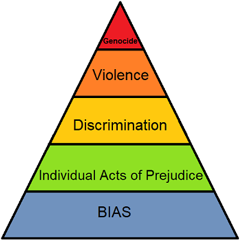
This brings me to the pyramid of hate - a structural diagram showing the different levels of hate, ranging from negative attitudes to physical violence. The photos above from In Living Colour, Mrs Doubtfire and Big Momma’s House 2 are examples of bias. The transphobic narratives within these films and T.V shows are able to manifest negative attitudes towards transgender people - while the viewers are not directly causing harm towards trans people, these notions can act as a seed of transphobia.
The awfully transphobic scenes in Ace Ventura can act as a pathway from individual bias and negative attitude to acts of prejudice and discrimination. These narratives portray to viewers the transgender body as a site of disgust and one that should not be respected.
It is now our responsibility as a society to unlearn these toxic concepts and contest the disproportionate amount of violence against transgender people (especially black transgender women).
To conclude this on a lighter note, the past few years have seen more positive transgender representation than ever - in T.V, film, music, fashion and many other avenues. Here are some just to name a few…
- Pose
- We Are Who We Are
- Euphoria
- Disclosure
- Girl
Reminder
The queer liberation movement was pioneered by black transgender women and queer youth. They are a fundamental aspect of queer history and it should be our priority as a community to cherish and protect the lives of transgender people, especially transgender people of colour. When you are out with us or in any queer venue, remember to respect the safe space and leave your privilege at the door.
References
Glaad: https://www.glaad.org/publications/victims-or-villains-examining-ten years-transgender-images-television
Disclosure: https://www.netflix.com/title/81284247
The Pyramid of Hate: https://thekeep.eiu.edu/movingwriters/ movingwriters2021/breakoutsessions/5/
Them.: https://www.them.us/story/friends-is-transphobic
The Guardian: https://www.theguardian.com/society/2020/jul/17/trans-people twice-as-likely-to-be-victims-of-in-england-and-wales
Moonlight Experiences is led by a dedicated queer collective of diverse voices who are changing the perception of queer culture through curated activities and stories from the community. We are using the economic power of LGBTQ+ tourism to tackle the lack of black/POC representation in travel and help amplify marginalised artists and sustain queer venues.
Find out more: www.moonlightexperiences.com
Instagram / Facebook: @moonlightexperiences
Email: info@moonlightexperiences.com